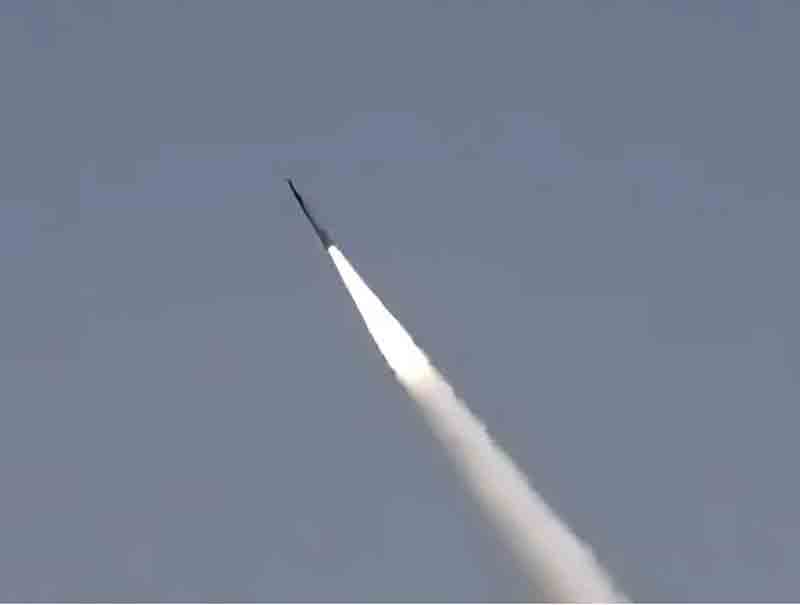On Monday, Pakistan conducted its second missile test within three days, while India announced that it had instructed several states to perform security drills amid escalating concerns of a potential confrontation following a deadly attack in Kashmir.
Moody’s cautioned that the ongoing standoff could hinder Islamabad’s economic reforms as global powers urged for de-escalation. Relations between the two nuclear-armed nations have deteriorated sharply since an attack on April 22 claimed the lives of 26 individuals, targeting Hindu tourists in Indian Kashmir, marking the most severe assault on civilians in India in nearly twenty years.
India has accused Pakistan of complicity, a claim that Islamabad has refuted, although it has indicated possessing intelligence suggesting that New Delhi may soon initiate military action against it. The two countries have closed their land borders, halted trade, and restricted airspace for each other’s airlines, with reports of small arms exchanges along the Kashmir frontier.
India’s interior ministry has requested several states to carry out mock security drills on May 7 to ensure readiness for civil emergencies, according to a government source who spoke to Reuters on Monday. The source did not specify which states would participate or mention Pakistan or Kashmir. The drills are expected to include air raid sirens, evacuation procedures, and training for civilians to respond to potential attacks.
Earlier, the Pakistani military announced the successful test of a Fatah series surface-to-surface missile with a range of 120 km (75 miles), just two days after successfully launching the Abdali surface-to-surface ballistic missile, which has a range of 450 km.
Prime Minister Shehbaz Sharif stated that the successful test launch demonstrated that Pakistan’s defense capabilities are robust. Information Minister Attaullah Tarar informed reporters that there are currently no open communication channels with India.
Economic Cost
Moody’s has indicated that the ongoing standoff may negatively impact Pakistan’s $350 billion economy, which is currently recovering after receiving a $7 billion bailout from the International Monetary Fund last year and avoiding a default. The agency noted that a prolonged increase in tensions with India could hinder Pakistan’s economic growth and disrupt the government’s fiscal consolidation efforts, thereby delaying the country’s journey towards macroeconomic stability. Furthermore, escalating tensions might restrict Pakistan’s access to external financing and put pressure on its foreign-exchange reserves.
This report follows a recent Reuters article stating that India has requested the IMF to reassess its loans to Pakistan. Meanwhile, India’s economy is not anticipated to face significant disruptions due to its limited economic ties with Pakistan; however, increased defense expenditures could impact New Delhi’s fiscal health and slow down fiscal consolidation, according to Moody’s.
Additionally, Iran’s foreign minister, who previously expressed his country’s willingness to assist India and Pakistan in fostering better relations post-attack, visited Pakistan on Monday and is scheduled to meet with Indian leaders on Thursday.
Russia has also expressed its concern regarding the situation, emphasizing the importance of its relationships with both nations. President Vladimir Putin condemned the Kashmir attack during a conversation with Indian Prime Minister Narendra Modi, reaffirming Russia’s support for India in its fight against terrorism, as stated by India’s Foreign Ministry spokesperson Randhir Jaiswal on X.
In response, Pakistan announced its intention to formally inform the United Nations Security Council about the situation and urge it to fulfill its primary responsibility for maintaining international peace and security by taking appropriate actions.
Discover more from Defence Talks | Defense News Hub, Military Updates, Security Insights
Subscribe to get the latest posts sent to your email.





